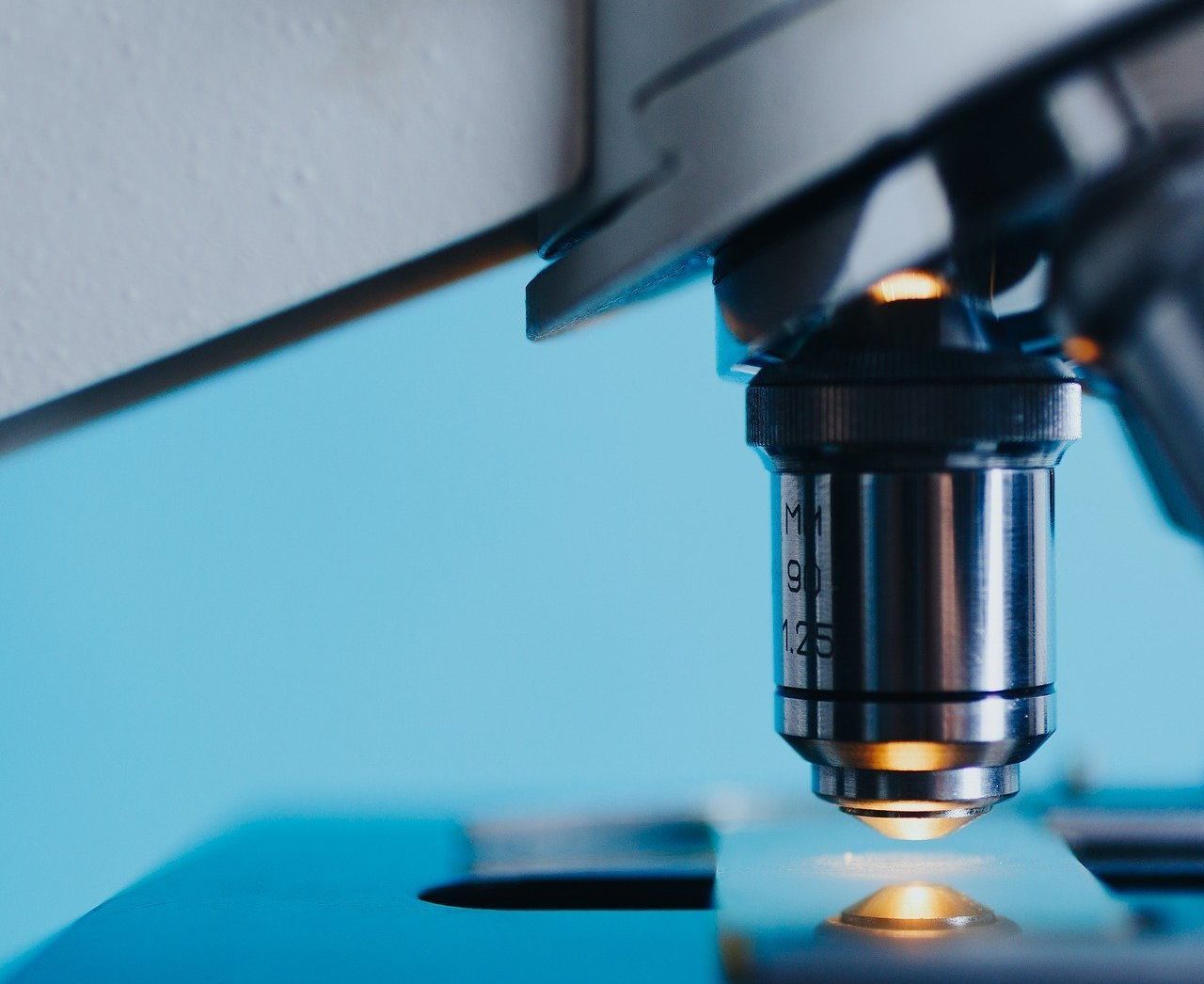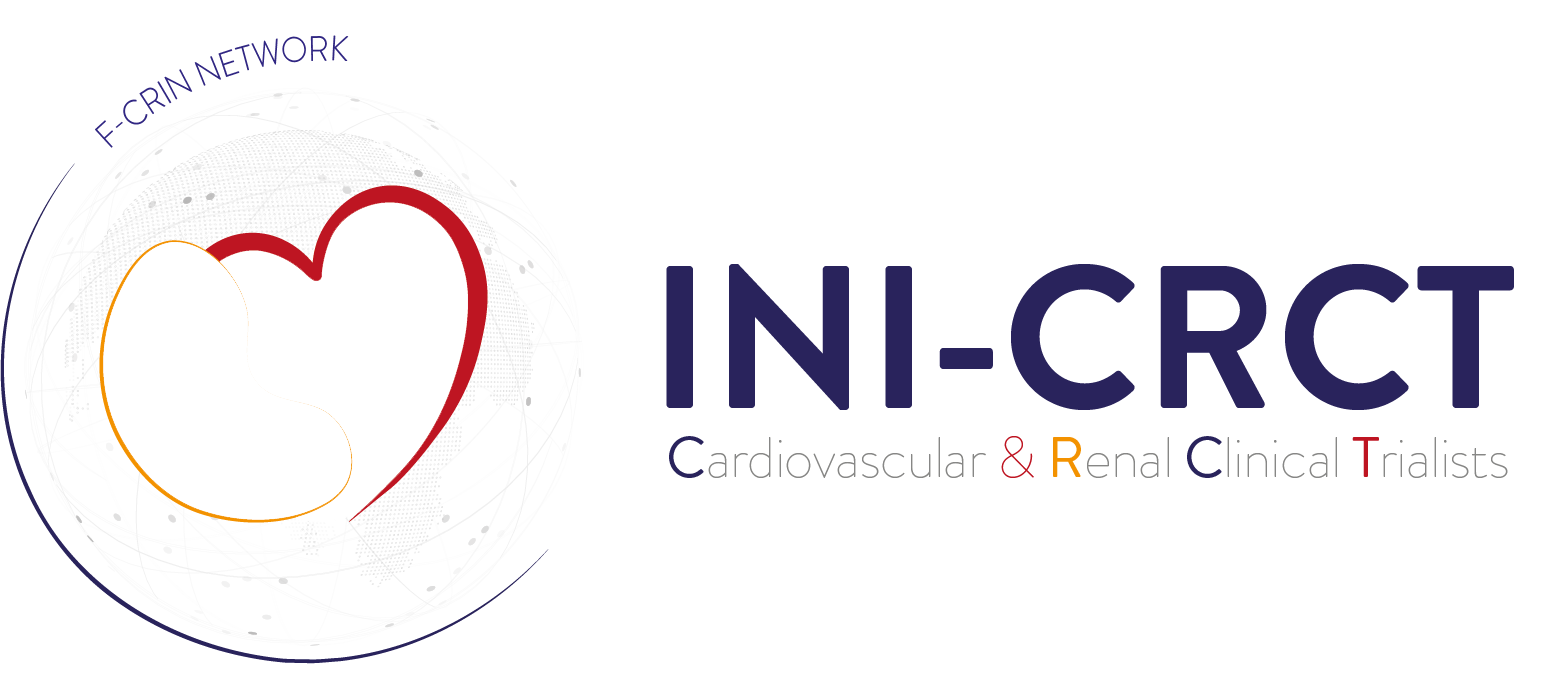What is
Research
Translational research?
Translational research tests hypotheses posed by researchers in response to their curiosity in order to acquire and expand knowledge on molecular, cellular, physiological and pathological mechanisms. The basic research team drafts experimental protocols and tests them through complex in vitro and in vivo modelling systems.
It is a search that will use information obtained from :
1) cohorts of patients recruited as part of a clinical research protocol for a given disease (REVE, REVE2, REMI studies, ....)
2) cohorts of people followed over the long term (STANISLAS cohort)
To conduct research in the laboratory.
The data and samples used in the laboratory are anonymous, i.e. they do not allow the patient to be identified by name.
There are several types of translational research depending on the question asked which will use the information needed for the question asked:



Research
Translational
There are several types of translational research depending on the question asked which will use the information needed for the question asked:
1) Use of health data recorded for patients/persons recruited/followed up in cohorts for epidemiological research. This information is the "baseline" characteristics of the patients/persons,
such as age, sex, body mass index but also adapted to the study protocol: drug treatments, health events, imaging e.g. cardiac, .....
The analyses are carried out in a "dry" bench using computers and appropriate software.
2) Use of biological samples obtained from patients/people recruited/followed up in cohorts. Most often this involves the collection of blood or urine samples.
The analyses are generally of the "omics" type: genetic analysis (GWAS), RNA analysis (transcriptomics), protein analysis (proteomics) and are carried out on "wet" benches. The results obtained must then be associated with health data.
For the different analyses carried out, there is a development of Artificial Intelligence tools to help the researcher in an unbiased analysis.
Knowledge gained through translational research :
Personalised medicine for patients
Diagnosis and prognosis for patients/people

